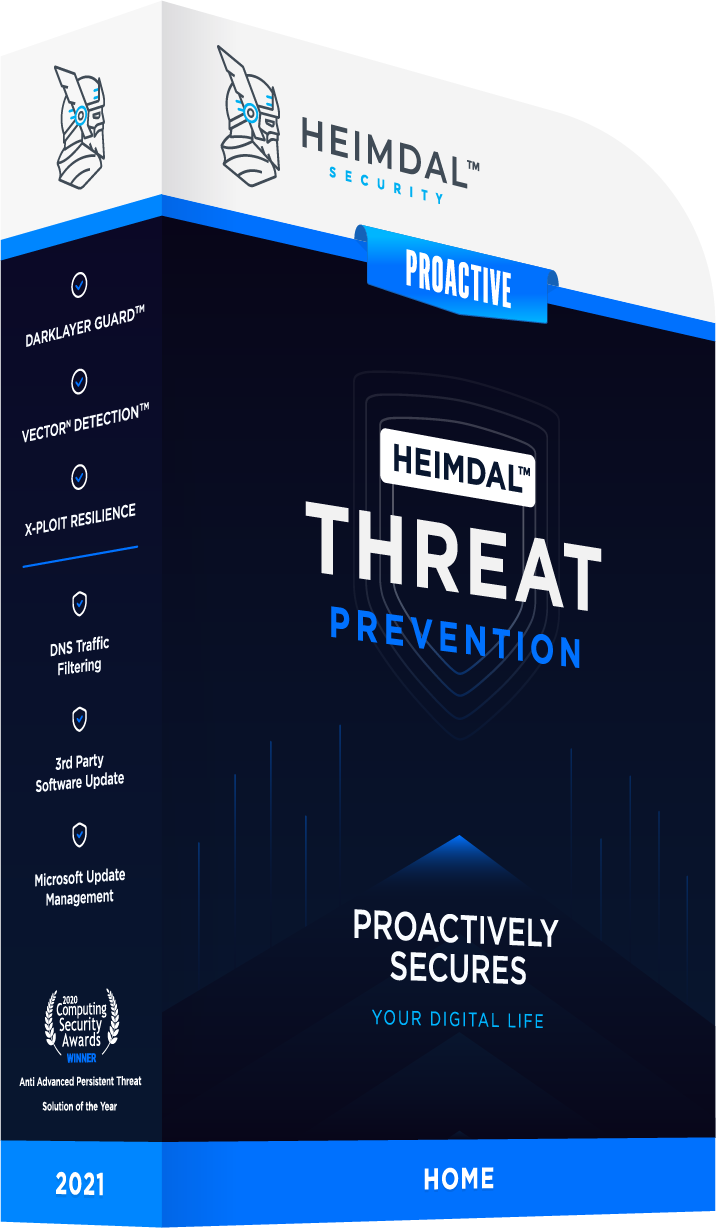Contents:
These days, everything is online and we are sure there are moments when it’s just not so easy to keep up with security risks. Hackers, cyber-criminals, IT criminals, so many names for the same thing.
So, how do we keep our sensitive data, like banking credentials and online accounts passwords away from them? How do we deal with keeping privacy and security together?
Is there a need to emphasize and prove again the connection between security and privacy? How do we protect our operating systems from receiving data from dangerous locations? If we take the Internet for granted and we expect free wireless networks to be available everywhere we go, shouldn’t we also keep an open eye and stay en garde from cyber-criminal threats and data breaches?
Can we avoid being tracked online by social media networks, security agencies and online criminals?
What means can we use to keep our stuff private?
To protect our online privacy, we can employ a Proxy to hide our IP address in order to access blocked content or a VPN service to connect to our company’s internal network.
What is a VPN and when is it used?
A VPN is a Virtual Private Network. It is a network created by using the Internet public infrastructure to connect to a private network, usually our company’s private internal network. This type of connection uses encryption and other security means to make sure only authorized users are able to access the company’s network.
A VPN service is usually used to protect a user’s online identity and activity. Using this type of service means that Internet traffic and data remain encrypted, preventing a cyber-criminal from sniffing the data exchange.
VPN for Normal Users
Normal users consider using a VPN when connecting to public unsafe Wi-Fi networks or when they want to access uncensored Internet content. In both cases, the VPN has the function to hide a user’s online activity from IT criminals’ prying eyes or from their own state censorship.
Here’s an useful tool that helps you compare VPN products for home users.
Also, here’s a more in-depth guide on how you can find the best VPN to suit your needs.
VPN for Corporate Users
Users in private organizations and companies use a VPN service to send and receive private information, like sensitive data and video communications, from a remote location.
Normally, it is a very good method for remote employees to access their company’s global offices and maintain communication. Since, the confidential corporate files are of a greater importance for a corporation, there are used better VPN applications to encrypt and protect the Internet traffic privacy from outside intrusions.
The VPN is used in the private and corporate world because it allows a connected device to send and receive sensitive data from anywhere in the world across the Internet to a company’s internal network or to access blocked content, keeping your confidential online activity secured.
What is a Proxy, when is it used and what’s the difference between a Proxy and a VPN?
Normally, users access web locations by employing a proxy when they want to access blocked content or they want to hide their IP address.
A proxy and a VPN have similar functions and they both hide your IP information. In other words, they hide your geographical location allowing access to Internet content which is blocked or private.
By hiding your IP address, the proxy and the VPN allow you to surf online and access web locations anonymously, locations which might not be available in your country.
If the proxy server acts as a gateway between your computer and the web location you access, like a website or some torrent files, sending back to your computer the requested content, the VPN is typically used to access a company’s local intranet from a remote location encrypting your data and offering better security against privacy breaches.
What about Security?
Though we have assured our online privacy, the content we receive is not filtered or analyzed against malware threats or data breaches.
To keep it private online, we can use a proxy or VPN connection, but how can we make sure our sensitive financial operation is not stolen from a corrupted website or that a malware is not already retrieving our banking credentials?
First of all, we have to say it again: Be careful when connecting to public or free Wi-Fi networks, because one of the favorite methods for cyber-criminals to retrieve private data is by using wireless sniffers to access sensitive information sent over unsafe networks.
Keeping your online actions and your private communication private won’t guarantee that your system won’t get infected.
To protect your Internet activities you need a specialized software like the Heimdal Security suite to keep your sensitive data away from cyber-criminal minds, phishing attempts and malicious software.
The graphic below indicates how Heimdal complements a VPN solution:

Since today online criminals can exploit vulnerabilities in a legitimate website and inject malicious code on safe sites to launch drive-by attacks on visitors, your proxy or VPN service are not enough. To block security breaches and attempts of sending personal data to cyber-criminals, you need software that can detect and block hackers’ actions from retrieving valuable information.
Using Heimdal Security next to your privacy tools means adding an extra layer of protection. This way you know that you have a software application that protects you from online crime by keeping your credentials, banking information in a safe place. By employing privacy tools and security software on your system, your financial security and your online privacy are reached.
The graphic below indicates how Heimdal complements a Proxy solution:

Conclusions
We brought this article because we have been asked many times:
How is Heimdal working with the actual privacy solutions, with a VPN service or with a Proxy server?
And we are not saying that the present privacy methods are not good to keep your online activities private, but we are saying that privacy is not enough. Not anymore.
We need to acknowledge there is increasing connectivity across the globe and this creates opportunities. But it also creates security risks and this chain of events is affecting our decisions and our online behavior.
Therefore, is there a balance that we can keep between online privacy and security? And how can we attain that?
In the end, to stay safe and secure in an online environment, we need not only tools and methods, but a change in our security mentality that will affect our online strategy.
What do you think? When are you using a Proxy server and when are you using a VPN service? And are you employing any security tools to keep your stuff secure?











 Network Security
Network Security
 Vulnerability Management
Vulnerability Management
 Privileged Access Management
Privileged Access Management  Endpoint Security
Endpoint Security
 Threat Hunting
Threat Hunting
 Unified Endpoint Management
Unified Endpoint Management
 Email & Collaboration Security
Email & Collaboration Security








